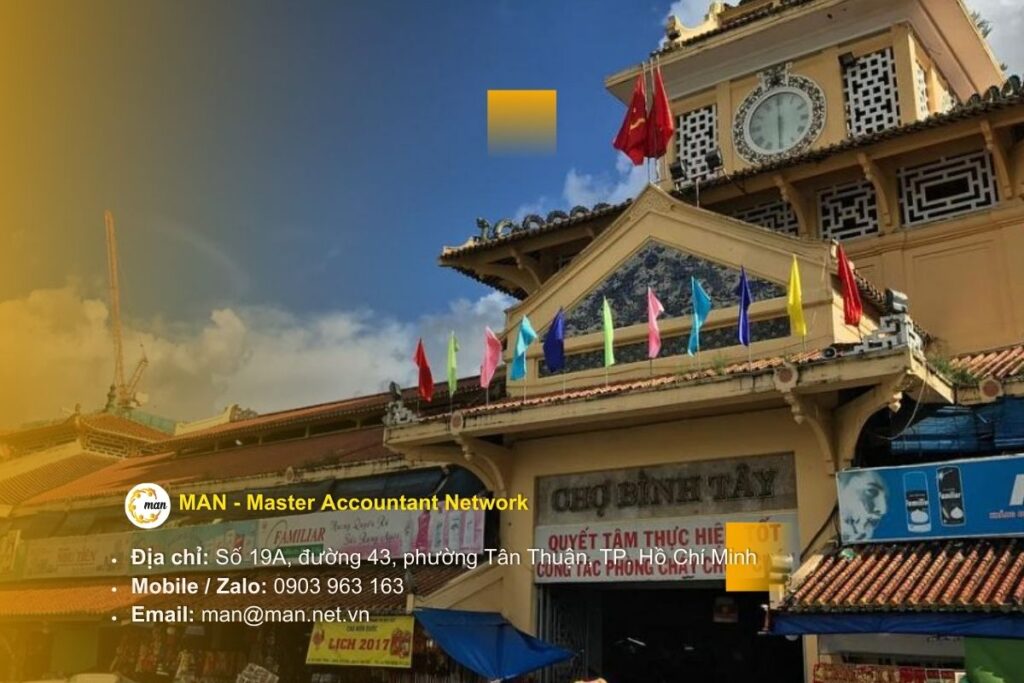Sector-specific services in related-party transactions play a key role in supporting businesses to optimize interest costs of related-party transactions (FDIs) and improve financial efficiency. In the context of global economic integration and the strong development of multinational corporations, many sectors such as industry, services, technology, finance and retail all have the need to apply internal services such as administration, IT, marketing, R&D, consulting, logistics, and legal to allocate costs reasonably and support business operations.
According to Decree 132/2020/ND-CP and amendments in Decree 20/2025/ND-CP, related party transactions must comply with the arm's length principle. Enterprises need to establish and maintain transfer pricing records, including information on related party relationships, pricing methods, payment documents, financial statements and cross-border profit reports. Compliance with this regulation helps enterprises minimize tax risks and avoid administrative fines.
Applying industry-specific services in related-party transactions not only helps businesses optimize financial costs but also ensures compliance with the arm's length principle, minimizes tax risks and improves capital management efficiency.
The concept of industry-specific services in related-party transactions
What is industry service?
Services by industry affiliate transactions are internal services between parent companies, subsidiaries and branches within the same group, classified by industry such as industry, technology, finance, retail or services. This concept helps businesses to be transparent about costs, allocate capital effectively and demonstrate that service prices are determined according to the arm's length principle.
Role for business
The application of industry-specific services in related-party transactions helps businesses comply with Vietnamese tax laws and OECD standards. At the same time, it helps allocate costs reasonably among subsidiaries and branches, improve internal control and minimize tax risks. This is an important tool for businesses to manage inter-company service costs in a transparent and effective manner.
Classification and pricing of services by industry

Service Classification by Industry
Services by industry in related party transactions are divided into many main groups such as administration, IT, marketing, R&D, consulting, logistics and legal. Each service group has specific costs and different pricing methods, suitable for the operations of each subsidiary or branch. This classification helps businesses control costs effectively, make internal expenses transparent and is a solid basis for explaining to tax authorities when necessary.
Service pricing criteria
When pricing services by industry in related party transactions, enterprises need to comply with the arm's length principle to ensure reasonable and transparent costs. This method not only helps to prove the legality of costs to tax authorities but also optimizes financial allocation among companies in the group. By applying this criterion, enterprises can manage inter-company service costs accurately and effectively, while minimizing tax risks.
Service table by industry and role in related party transactions
The table below illustrates common groups of internal services between parent companies, subsidiaries and branches within the same group, the role of each service in related party transactions, as well as valuation methods and documentation considerations to comply with tax laws and OECD standards. Applying these services helps businesses allocate costs reasonably, transparently and reduce tax risks.
| Branch | Service Type | Role in GDLK | Valuation Method / Profile Note |
|---|---|---|---|
| Administration | Office Management, HR | Allocation of administrative costs, transparency of internal costs | Arm's length principle, service contract |
| IT | Software development, system maintenance | Support operations, calculate inter-company service costs | Detailed profile, payment documents |
| Marketing | Advertising campaign, market research | Allocate marketing costs by subsidiary | Contract, service pricing method |
| R&D | Research and product testing | Allocate development costs, demonstrate cost rationality | R&D profile, cost allocation in the right industry |
| Advise | Strategy and management consulting | Pricing of consulting services between subsidiaries | Profile, contract, cost allocation |
| Logistics | Transportation, warehousing | Allocation of internal operating costs | Contract, payment documents |
| Legal | Legal support, compliance | Reduce tax and legal risks | Service profile, contract, reasonable cost |
Enterprises need to focus on preparing detailed records and complying with the arm's length principle to prove that inter-company service costs are reasonable. Applying industry-specific services in related-party transactions not only optimizes cost allocation but also supports effective tax risk management.
Industry Profile and Service Management

Required documents
To ensure that industry-specific services in related-party transactions are transparent and comply with legal regulations, enterprises need to prepare complete records including service contracts, pricing methods, payment documents and cost allocation reports. These records play an important role in explaining service costs to tax authorities, while minimizing the risk of being charged back or having costs adjusted.
Control and monitoring
Service management by industry needs to be closely monitored through corporate management software, which helps track inter-company service costs and ensures appropriate allocation between subsidiaries and branches. Records need to be updated regularly when there are changes in services or legal regulations to maintain transparency and compliance with the arm's length principle.
Service optimization strategy by industry
Optimize service costs
To optimize industry-specific services in related-party transactions, businesses need to reasonably allocate costs among subsidiaries and branches, and combine internal strategies to reduce costs while still ensuring compliance with Vietnamese tax laws and OECD standards. This optimization helps improve resource efficiency, while ensuring transparency in financial statements and intercompany transaction records.
Tax Risk Control
Industry-specific service management is inseparable from tax risk control. Businesses need to fully explain service costs to tax authorities and conduct periodic risk assessments to promptly detect and handle errors, thereby avoiding tax arrears or penalties. Tight control also helps strengthen internal transaction structures, protecting businesses from legal and financial issues.
Common risks and precautions
In managing services by industry in related party transactions, businesses often encounter some common risks. One of them is the lack of service contracts or documents, making it difficult to prove costs to tax authorities. In addition, pricing services incorrectly according to the arm's length principle is also the cause of tax collection risks. In addition, if service records are not updated regularly when there are changes in transactions or legal regulations, it will increase the risk of violations and administrative penalties.
Therefore, maintaining tight internal controls, regularly updating industry service records and applying accurate valuation methods are important foundations to minimize tax risks and ensure legal compliance.
Conclusion and recommendations
Sector-specific services in related-party transactions play a key role in optimizing costs and managing tax risks for businesses. Classifying services by sector helps businesses to be transparent about internal costs, allocate them reasonably among subsidiaries, branches and parent companies, and demonstrate the reasonableness of costs when tax authorities inspect.
To be effective, businesses should establish complete service records, ensure contracts, payment documents and cost allocation reports are recorded accurately. At the same time, applying the arm's length principle and maintaining continuous internal controls will help minimize tax risks and optimize inter-company service costs.
Contact information MAN – Master Accountant Network
- Address: No. 19A, Street 43, Tan Thuan Ward, Ho Chi Minh City
- Mobile / Zalo: 0903 963 163 – 0903 428 622
- E-mail: man@man.net.vn
MAN Editorial Board – Master Accountant Network




